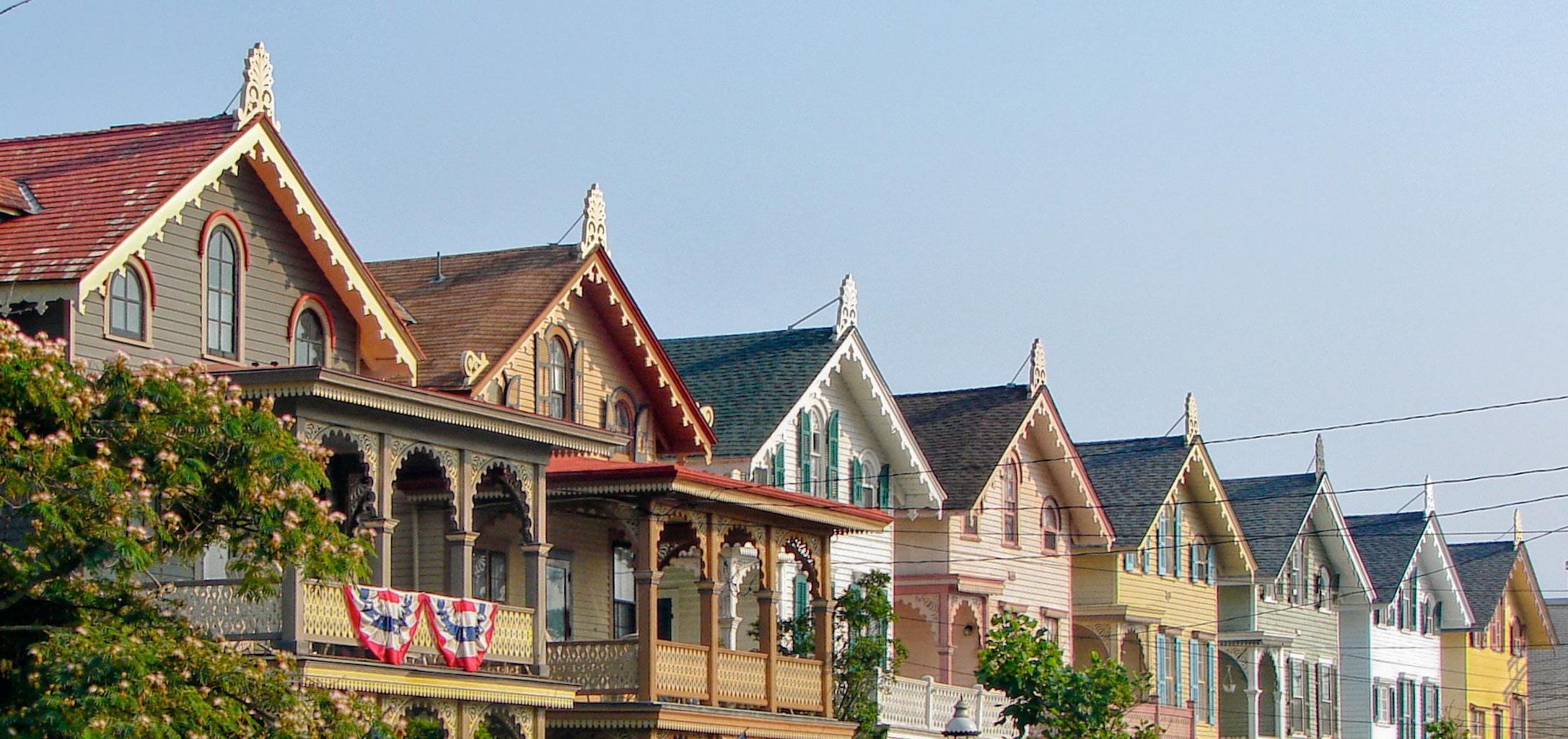
8 minute read
The Election and a Fresh Obamacare
THE ELECTION AND A FRESH OBAMACARE CHALLENGE LOOM OVER NEW SUPREME COURT TERM
Obamacare is not a new or unfamiliar word amongst Americans. It is a term used alternatively for the Patient Protection and Affordable Care Act (ACA) of 2010. This act is aimed to reduce the cost of Healthcare for those who can’t afford them. Its introduction has helped many Americans who can’t afford quality Healthcare access such service at a more affordable price. Therefore, middle-class and lowclass Americans don’t have to spend so much before accessing the quality Healthcare they desire. However, as the US election is fast approaching, there seems to be a fresh Obamacare Challenge Loom over the new supreme court term.
A case will be argued a week after the election, and the outcome of the argument will determine whether Obamacare remains or not. There have been two challenges in the past regarding the Affordable Care Act, and the outcome of those challenges were 5-4 and 6-3. Thus, it remains. Should the argument be lost this third time, it may be an end to Obamacare.
WHY THE ARGUMENT?
Obamacare was introduced under the Barack Obama administration, but it is now being challenged by the Trump administration and a coalition of red states. They argue that three years ago, the Republican Congress zeroed out the monetary penalty for Americans not covered by insurance. Therefore, the whole law should be void.
WHAT IS THE IMPLICATION OF ABOLISHING OBAMACARE?
According to Ben Sommers, a professor of health policy
and economics at Harvard University, Obamacare impacted every portion of the health-care system. Thus, if the whole act is void without a better replacement proposal, there may be confusion and chaos in the system.

WHO’LL BE AFFECTED IF OBAMACARE IS REPEALED?
Under Obamacare, employee’s children below 26 years are covered by the employers of their parents. Thus should the act be repealed, young adults covered by their parents may lose their coverage. Perhaps you don’t know how many young adults we’re talking about. It was reported in 2016 that there are two million young adults who are covered under their parent’s plans. However, should the law be repealed, some employers may continue offering the coverage, but it will be optional.
Other sets of people who may lose their coverage are those with pre-existing conditions. Insurance companies will be allowed to deny coverage for anyone with pre-existing conditions. They may also decide to charge higher premiums. When this happens, it’ll become difficult for people to afford coverage.
If your illness requires expensive treatment, you may be affected by the repeal. One of the purposes of Obamacare is to help people who need costly treatment get such treatment without paying much. Hence, repealing the act will mean that people will have to fend for their full payment by themselves. For instance, if not for the ACA, 165 million people in the US suffering from conditions like hemophilia or cancer would have been required to pay hugely for their treatment, which many may not be able to afford. In that case, patients will face two options, with the first being to go bankrupt or stop the required treatment.
Nonetheless, as the election is knocking at the door, and the argument to determine whether the Obamacare act should remain or not is also fast approaching, Americans are waiting to see the outcome. However, If it is repealed, there’s a likelihood of it being replaced by another act to ease the medical affairs of Americans. On the other hand, if it is repealed and not replaced with a better plan, then the above implications are some of the consequences Americans will have to face.
References
https://en.as.com/en/2020/10/15/latest_ news/1602789409_116559.html https://www.npr.org/2020/10/05/919704165/the-electionand-a-fresh-obamacare-challenge-loom-over-new-supremecourt-term
Do you knowPeppermint Ridge?
We provide a community of loving homes and empowering support services for individuals with intellectual and developmental disabilities.


support and encourage our residents to live their We lives and fulfill their dreams by fully embracing their indvidual abilities and interests. With 24-hour specialized care and staffing, we provide comfortable, secure homes and recognize that everyone feels a sense of belonging when they have familiar places in which to spend time with family and friends. is a true sense of family at Peppermint Ridge. Of the 94 adults who There live at The Ridge, 38 have lived here for more than 20 years, with 10 of those calling The Ridge home for 40 years or more. Residents have the opportunity to flex their muscles of independence while developing rich lives of their own away from their loved ones. About 30% of our residents have no family, so other Ridgers and our staff have become their family.
Many caring companies, organizations and individuals in the community enjoy getting to know The Ridge by helping on small projects, hosting fundraisers, lending a hand at events, volunteering in our office, and assisting residents in activities such as arts and crafts, pool days, horseback riding, music and piano lessons, and exercise classes.



825 Magnolia Ave • Corona CA 92879 • 951.273.7320 www.PeppermintRidge.org • Tax ID: 95-2409851

www.StopHigherPropertyTaxes.org
Split-Roll Property Tax Measure Hurts Immigrant and Minority Communities Background: Prop 13 Has Helped All Californians for More Than 40 Years
• For more than 40 years, Prop 13 has provided certainty to homeowners, farmers and businesses that they will be able to afford their property tax bills in the future. Under Prop 13, both residential and business property taxes are calculated based on 1% of their purchase price, and annual increases in property taxes are capped at 2%, which limits increases in property taxes, especially when property values rise quickly.
Split-Roll Property Tax Measure Destroys Prop 13 and Makes Our Economic Crisis Worse
• Amid an unprecedented economic crisis, special interests submitted petitions to qualify a measure for the
November 2020 statewide ballot that will destroy Prop 13’s property tax protections and will be the largest property tax increase in California history. The measure will raise taxes on commercial and industrial property by requiring reassessment at current market value at least every three years. This type of property tax is known as a “split-roll tax” because it splits the property tax roll, assessing business property differently than residential property. • We should reject this measure and maintain Prop 13 protections that have kept property taxes affordable and provided every taxpayer who buys a home or business property with certainty that they can afford their property tax bills in the future. Now is not the time to raise taxes and bring more uncertainty to businesses and all Californians.
Gentrifies Our Longtime Communities
• A split-roll property tax will provide a huge financial incentive for local governments to approve business projects to replace existing housing so they can receive higher property tax revenue. It will also push small minority- and immigrant-owned businesses out of our communities when they can’t afford the higher property taxes. This unintended consequence will intensify the gentrification already occurring in much of the Bay Area and Southern
California coastal counties.
Hurts Small Businesses and Consumers
• Most small businesses rent the property on which they operate. The measure’s higher property taxes will mean soaring rents at a time when the federal and state government is trying to provide small businesses with rent relief to keep their doors open. Ultimately, the measure’s tax hike on businesses will get passed on to consumers in the form of increased costs on just about everything people buy and use, including groceries, fuel, utilities, day care and health care.
Hits Minority-, Immigrant- and Female-Owned Businesses the Hardest
• Small businesses are already struggling. This measure will make it even more difficult for them to reopen their doors or stay in business as a result of this economic crisis. Increasing property taxes on businesses by up to $12.5 billion a year will hurt female- and minority-owned businesses the most and 120,000 jobs will be lost, according to a
Berkeley Research Group study. Voters are being asked to consider a measure that will only increase job losses at a time when millions of Californians are applying for unemployment benefits. • According to the latest data from the Harvard Business School, about 42% of new companies are founded by immigrants in California and the most recent 2012 Survey of Business Owners by the Census bureau found that 5% of businesses in the state are owned by African Americans. Additionally, the California Latino Economic Institute found that nearly one-quarter of all businesses in California are owned by Latinos, and they are the fastest-growing component of the state’s economy. Most of these businesses start small and stay small, meaning they often rent their property and are subject to higher rents when property taxes increase. • In the most recent 2012 Survey of Business Owners by the Census Bureau, 38% of all non-publicly traded businesses were owned by females and another 9% were owned equally by females and males.
Increases the Cost of Living for Everyone and Makes the Homelessness Crisis Even Worse
• In 2019, US Housing & Urban Development data showed California led the nation with more than one-quarter of the country’s homeless population. • California’s cost of living is already among the nation’s highest. We shouldn't do anything to make it even more expensive to live here. The split-roll measure will only increase homelessness and make life more difficult for
Californians already living paycheck-to-paycheck.
Homeowners Are Under Attack
• If businesses lose their Prop 13 protections, homeowners will be next. Supporters of the measure even admitted that this initiative was the first step in a plan to end Prop 13, which could mean skyrocketing property tax increases for all California homeowners.
Ad paid for by Californians to Save Prop 13 and Stop Higher Property Taxes, sponsored by California homeowners, taxpayers, and businesses Committee major funding from Western Manufactured Housing Communities Association California Business Roundtable California Taxpayers Association Funding details at www.fppc.ca.gov










